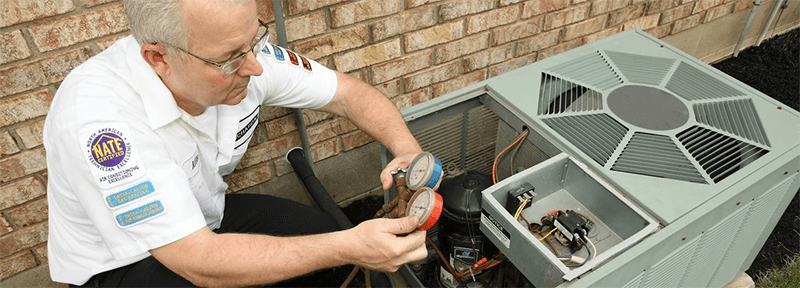
In early 2018, the U.S. Department of Energy (DOE) implemented energy regulations impacting the commercial heating and cooling industry. These new standards will change how commercial rooftop air conditioners, heat pumps and warm-air for “low-rise” buildings are engineered.
The goal of these new standards is to improve efficiency and cut energy usage, saving homeowners and other property owners money in the long run. However, 2018 will be a transition year for the industry. CroppMetcalfe recently published an article describing some of the main areas of impact.
How Energy Regulations Impact Consumers
HVAC consumers are most concerned about how the changes will affect the initial product and installation costs of these new systems. Efficiency isn’t cheap. Although it’s uncertain exactly what the implications will be, experts have the following expectations:
- The first upsurge of technology will likely result in higher price tags.
- Utilities will need to adjust their programs and savings calculations.
In the long term, business owners and homeowners will benefit from the changes as they experience the value of higher efficiencies.
How Energy Regulations Impact Contractors & Manufacturers
Experts believe the new efficiently expectations will lead to a massive reduction in energy use over the next few decades. The DOE will implicate the new standards in two phases:
- Phase One – Energy-efficiencies increase in all air conditioning RTUS by 10 percent as of January 2018.
- Phase Two – The increases will expand to 30 percent by 2023, including warm-air furnaces too.
It may be the responsibility of an HVAC professional to stay up-to-date with industry developments, but they will need time to learn the DOE standards and how it affects daily work in the industry.
So far, most heating and cooling manufacturers have embraced the efficiency demands and changes. The DOE receives more accurate readings by utilizing IEER, which assesses the machine’s efficiency based on its seasonal performance. It takes time for manufacturers to revamp their units, but this level of stability should help them design HVAC units that will meet the new standards.


